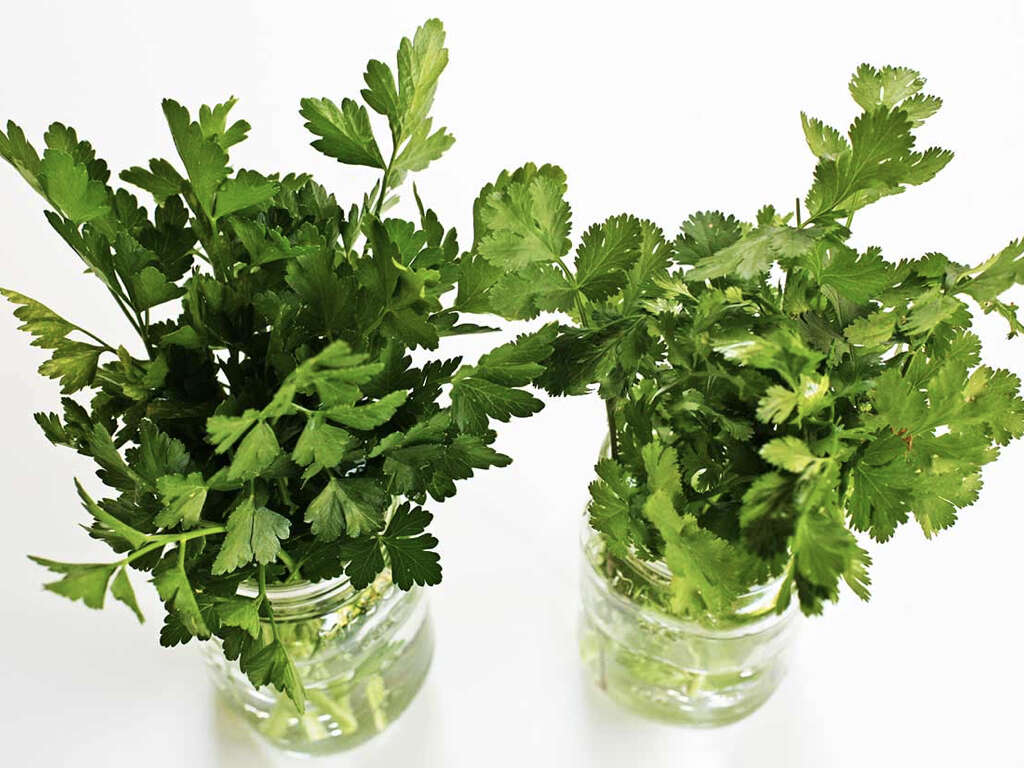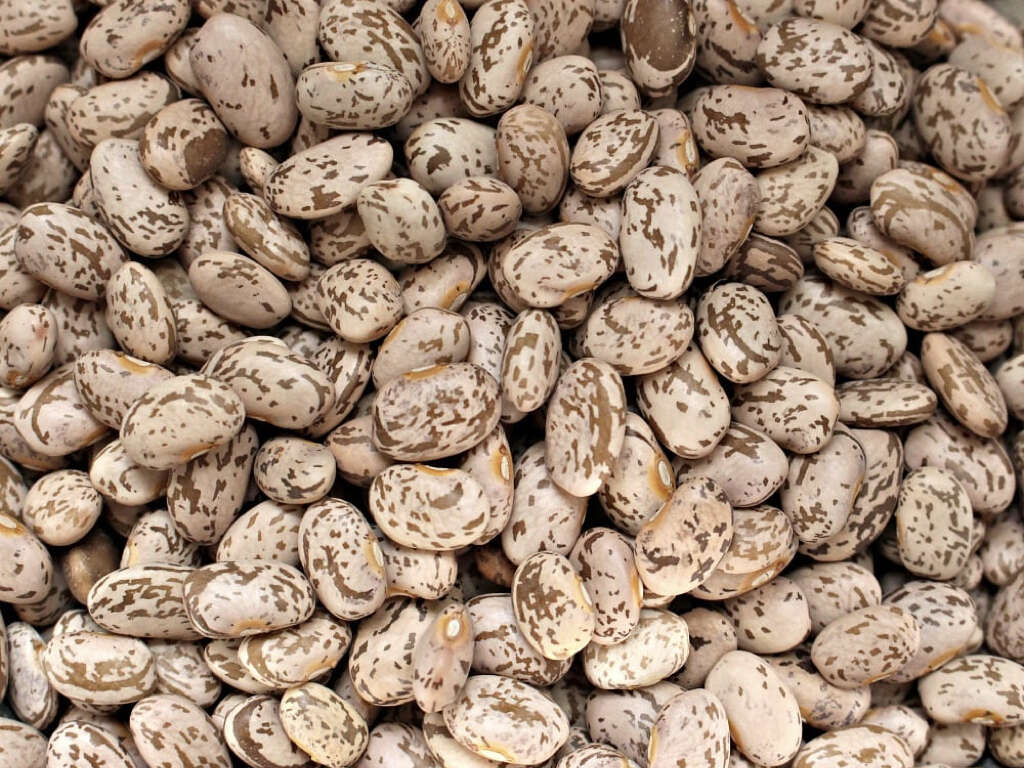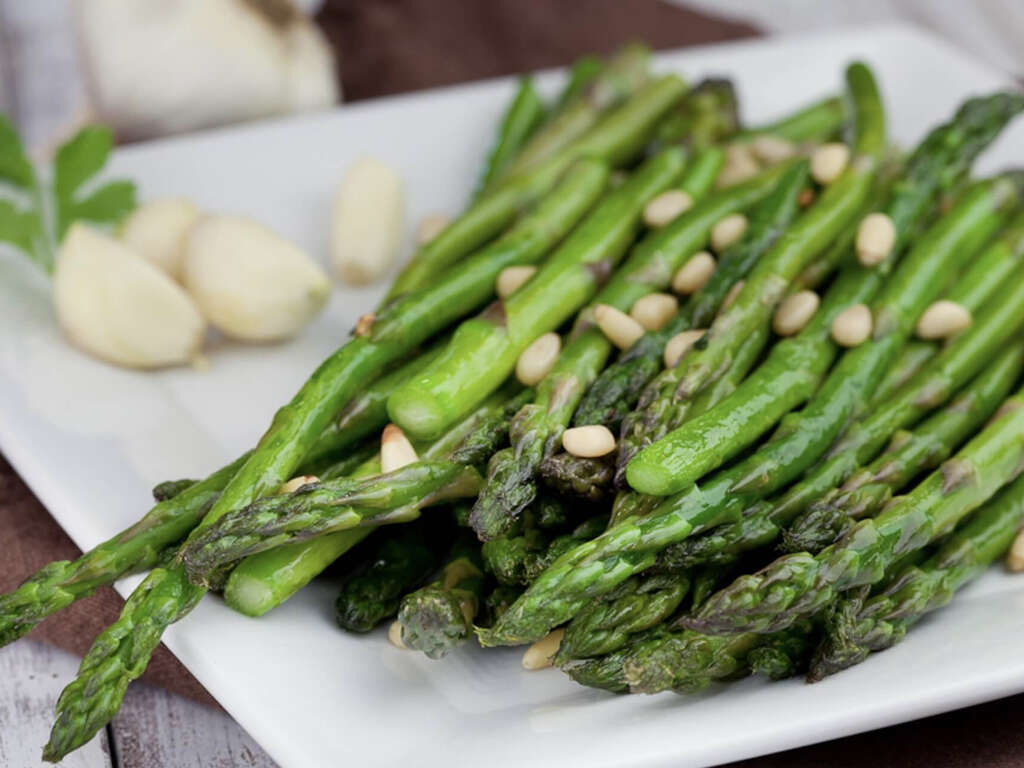10 Benefits of Cauliflower
Cauliflower is a favorite vegetable for many people. Some children are more prone to preferring cauliflower over similar vegetables like broccoli. Cauliflower can be implemented in a huge number of recipes ranging from casseroles to stir-fries to soups. There are so many different ways to prepare cauliflower that it’s easy to implement it into your diet on a regular basis.
Cauliflower is a plant in the cruciferous family of vegetables. Other vegetables in this family include cabbage, bok choy, broccoli, and Brussels sprouts—all vegetables which are known for being extremely healthy for you. Cauliflower contains a compound known as sulforaphane. This is one of the most important compounds found in many of the cruciferous vegetables. It’s known to provide some unique and potent health benefits such as helping to ward off cancer or helping to enhance the health of the heart.
Cauliflower is also rich in anti-inflammatory substances that can help reduce the impact of chronic inflammation and any diseases that might emerge as a result. It’s no wonder that cauliflower is becoming more and more popular! In this article, we’re going to discuss some of the most impressive benefits that you can expect to experience if you eat cauliflower on a regular basis.
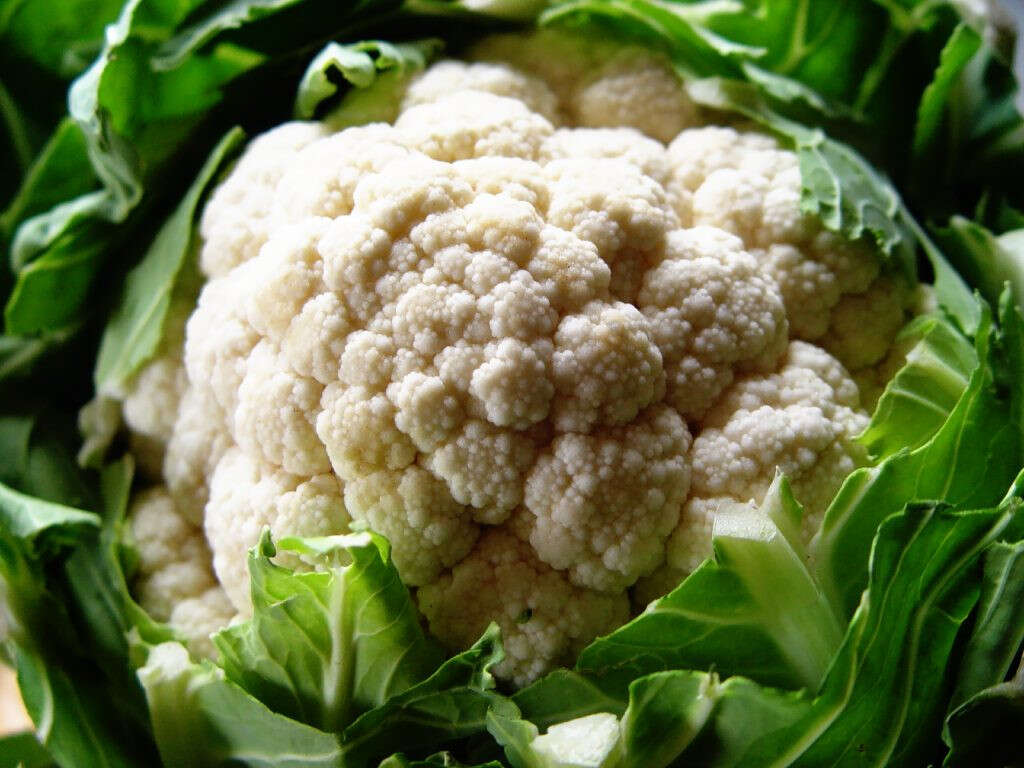
Benefit #1: Helps Fight Cancer
One of the most impressive benefits of cauliflower and other cruciferous vegetables is the way that they help to fight cancer. The reason that they are able to do this is because they contain a compound known as sulforaphane, which is known to help reduce the growth of tumors as well as help to eliminate cancerous stem cells.
Cauliflower contains different compounds that are shown to help fight off various forms of cancer including breast, colon, lung, and prostate. Other nutrients found in the plant, such as vitamin C, K, and A, are also known to help fight off cancer.

Benefit #2: Enhances Heart Health
Another thing that cauliflower can do quite well is help to enhance the health of the heart. There are several reasons for this.
One of the reasons is that cauliflower is a great source of fiber. Fiber is known to help improve the health of the heart and can slow the onset of various heart diseases. Cauliflower also contains sulforaphane, as we’ve mentioned. This nutrient is known to help people manage their blood pressure levels.
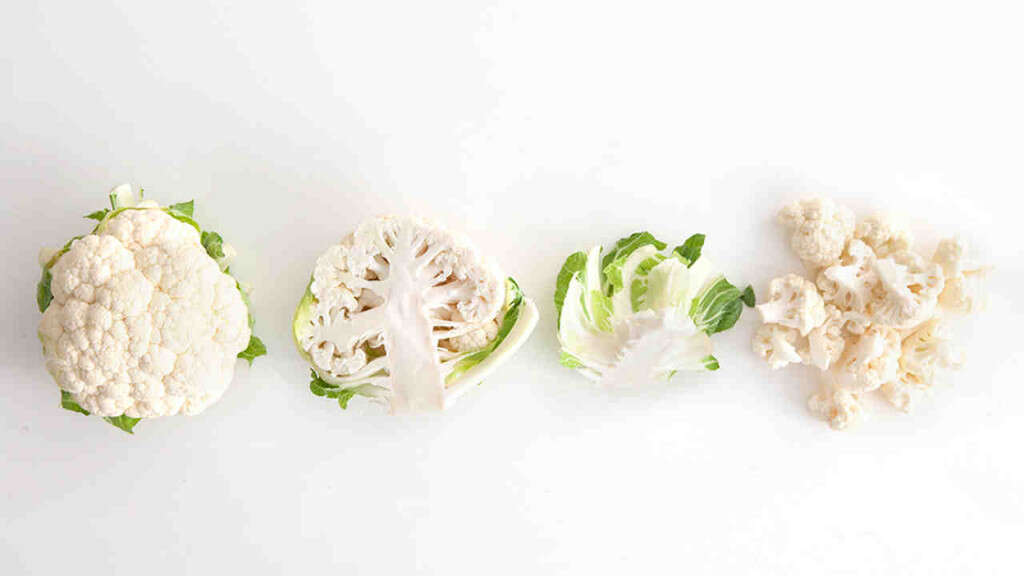
Benefit #3: Enhances Cognitive Ability
Cauliflower is one of the best vegetable sources of choline. Choline is a very important B vitamin that is used by the body to create acetylcholine. Acetylcholine is one of the most important neurotransmitters that’s highly involved in the transmission of nerve signals.
This means that your neurons, or nerve cells, need acetylcholine to communicate. Since these nerve cells are responsible for sending messages through your brain and body, they’re very important for maintaining cognitive ability. Cauliflower can be a great food to eat if you’re struggling with focus or memory.

Benefit #4: Fights Inflammation
Inflammation can be a very dangerous symptom. It can be a natural response to an infection or a disease, but many people experience inflammation as a result of eating unhealthy or processed foods like refined sugar. In these cases, inflammation can lead to disease.
Cauliflower contains a powerful nutrient known as indole-3-carbinol or I-3-C. This nutrient is a fantastic anti-inflammatory agent and combats chronic inflammation. Cauliflower also contains some omega-3 fatty acids, which are useful for helping to ward off inflammation.

Benefit #5: Helps Manage Weight
There are several nutrients found in cauliflower that are useful for helping the body manage its weight. Sulforaphane and folate are both known to help improve the speed at which the body loses weight, and vitamin C has been shown to be highly involved in the rate at which the body burns fat.
Cauliflower is also low in calories and carbs, which makes it an ideal food for anyone who wants to begin a weight-loss diet. Large amounts of cauliflower can fill you up far sooner than they will cause you to experience an excess of calories.

Benefit #6: Helps Cleanse the Body
Another fantastic benefit of cauliflower is the way that it can help to detoxify the body.
There are a number of antioxidants found in the plant that help to improve phase 1 detoxification—the first phase of detoxification in which the body breaks down toxins into smaller parts. The sulforaphane in cauliflower helps the body carry out the second phase of this process.

Benefit #7: Enhances Bone Strength
Cauliflower is a food rich in vitamin K, a nutrient that’s known to be highly involved in the maintenance of our bones. Vitamin K deficiency has been shown to put people at a greater risk for developing bone and joint problems like osteoporosis or fractures.
Vitamin K helps the body absorb calcium and can help to promote strength in the bones by helping the proteins in the bones bind together.

Benefit #8: Enhances Digestion
Cauliflower is a very fibrous vegetable and thus can be useful for helping to improve different areas of your digestion. Fiber is known to help prevent both constipation and diarrhea, and can also limit or slow the progress of inflammatory bowel problems.
Sulforaphane is also known to help protect the stomach by inhibiting the growth of unhealthy bacteria and protecting the stomach lining.

Benefit #9: Enhances Kidney Health
The kidneys are organs that are highly responsible for helping to detoxify the body. Unfortunately, this job can be a bit strenuous for just the kidneys to handle. For this reason, vegetables like cauliflower can be very useful for helping to make the job of the kidneys easier and also to help protect the kidneys from various forms of disease.
It’s important to note that cauliflower may be contraindicated if you are already suffering from a chronic kidney disease. Check with your doctor to see what the best option is.

Benefit #10: Enhances Skin Health
Another thing that cauliflower can do quite well is enhance the health of your skin. One of the reasons for this is because it contains a huge amount of vitamin C.
Vitamin C is heavily involved in the production of collagen. Collagen is the most prominent protein found in the body and is used to help maintain the strength of our skin, tissues, and organs. Improving upon the production of collagen helps to prevent the emergence of wrinkles, liver spots, and other skin-related issues.




